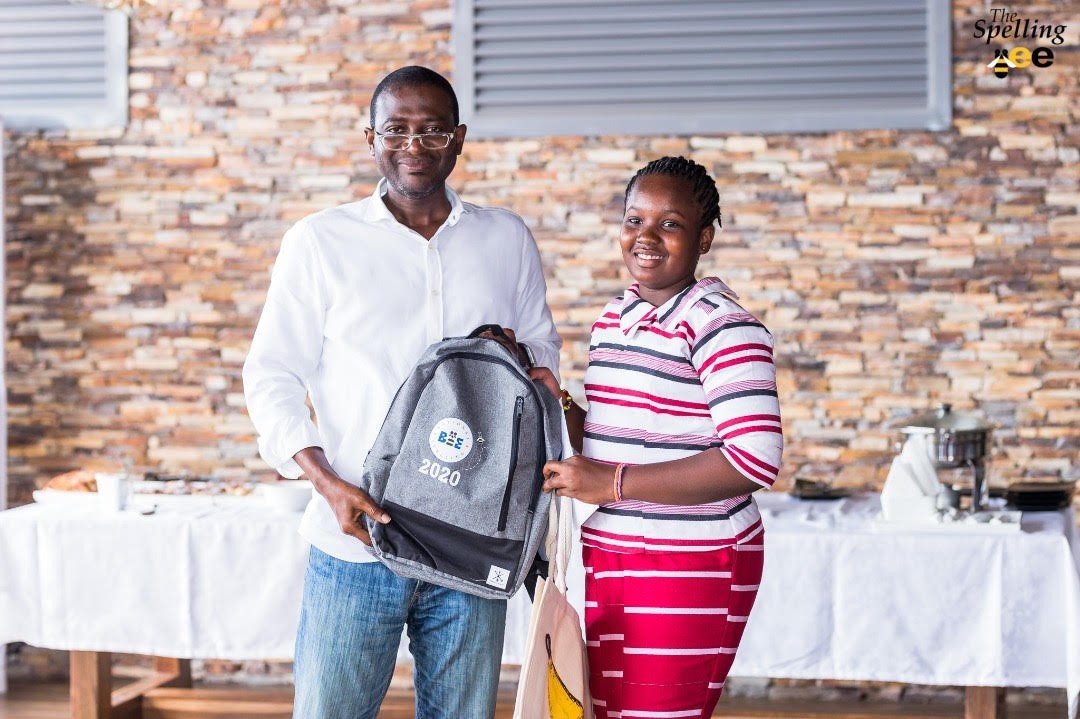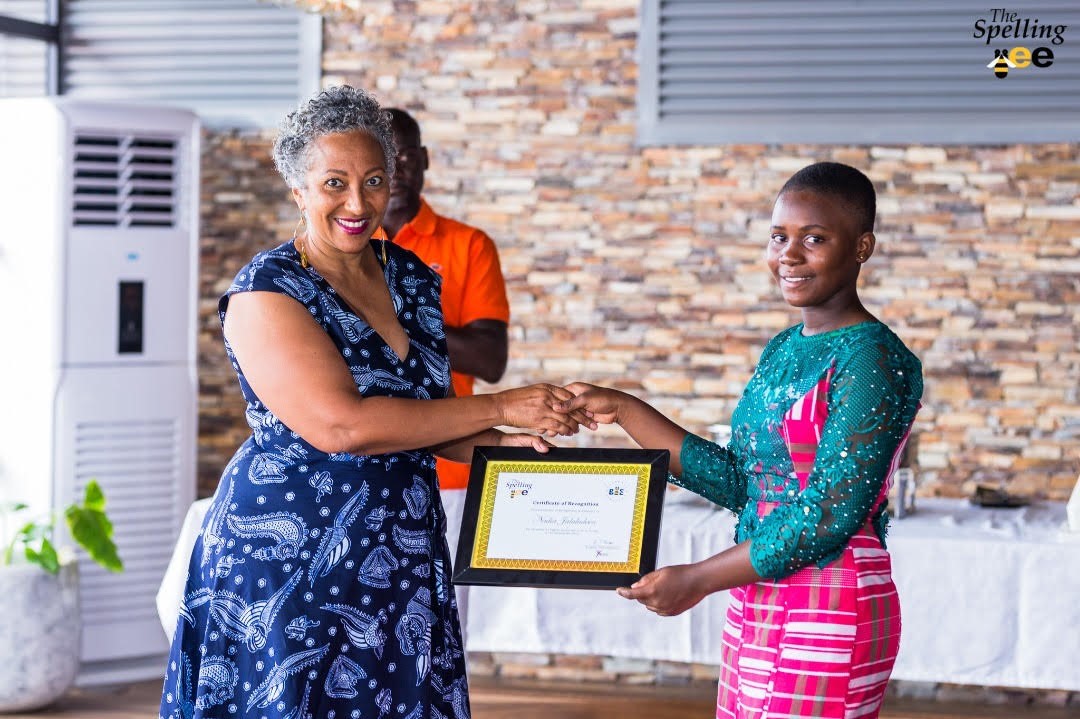Institutions and individuals must treat the subject of professional communication with utmost seriousness, as there could be wide-reaching implications for poor, ineffective or out rightly wrong communication, especially in professional settings, Country Director, Young Educators Foundation, Eugenia Tachie-Menson, has said.
According to her, whilst the advent of social media has aided the timely dissemination of information, it has also led to not only a rise in instances of peddling unsubstantiated information, but also poor and often times inappropriate communication.

Speaking to the B&FT over brunch in honor of Ghana’s 2020 national Spelling Bee champion, Nadia Chelpang Mashoud, she argued that the factors which lead to poor communication skills at the professional level can be traced to a poor foundation in the formative years.
“Social media has done a lot to improve rapid communication, however, the use of internet-invented shorthand as well as online jargon can have some serious ramifications. We have seen instances where people are utilising platforms like Whatsapp or Facebook for professional communication and have failed to apply the appropriate rules. In some instances, this has resulted in people losing prospective positions,” she said, stressing that “it is time we paid more attention to this.”
Responding to concerns that the National Spelling Bee competition was an esoteric pursuit with little practical application beyond bragging rights, she said, “To tag it as such would be overly simplistic and fail to do justice to the valuable principles the children inculcate from participating in the programme.
“Not only is it intellectually stimulating, but more importantly, it breeds in them a sense of duty, hard work and knowledge that these are ultimately rewarded. It also teaches them what healthy competition is like; these things are invaluable.”
The champion Bee
11 year old Nadia Chelpang Mashould from the Alhassan Gbanzaba Memorial School in Tamale emerged winner of the 2019 edition of the national Spelling Bee competition. She was due compete at the Scripps Spelling Bee in Washington, D.C., U.S., as Ghana, and indeed, Africa’s sole representative at the compettion. She was unable to participate as the event was cancelled after an initial suspension due to “concerns about the spread of the novel coronavirus.”
“I was quite disappointed when I first heard of it as I was really looking forward to competing and making everybody proud but I’ve come to accept the events and will use this as motivation to work harder,” she explained.

Also present was Nada Jaluladeen, another student from the same school, who had the highest score for the preliminary test – the vocabulary test.
On the need to specially reognise the efforts of the girls, Ms. Tachie-Menson said: “We have done this is because the 2020 finals didn’t happen so we didn’t get to celebrate her like we would have loved to. The celebration actually started yesterday, when we had the semi-finals for 2021. So we invited her and that’s where she was celebrated, spoke about her a bit, she got to speak, and our sponsors gave her what was due.”
Explaining that the achievements of the girls was not due to sheer luck, Director of the Alhassan Gbanzaba Memorial School, Mariama Alhassan, stated that the key to their success stems in the emphasis the management of the school places on literacy.
According to her, this was the singular most important building block of education, suggesting that the struggle experienced with other subjects can often times be traced to weak literacy and a lack of comprehension. “We are keen on literacy and start early, going beyond what is required in the curriculum,” she explained.
She was optimistic that the feat attained by the girls would serve to reverse the rather negative narrative about girl-child education and the general conception about education in northern Ghana.
The Alhassan Gbanzaba Memorial School was named after Edmond Alhassan, who is credited as the first university graduate from the Northern region of Ghana. He was called ‘Gbanzaba’; a nod to his heritage as a descendant of leather craftsmen.










